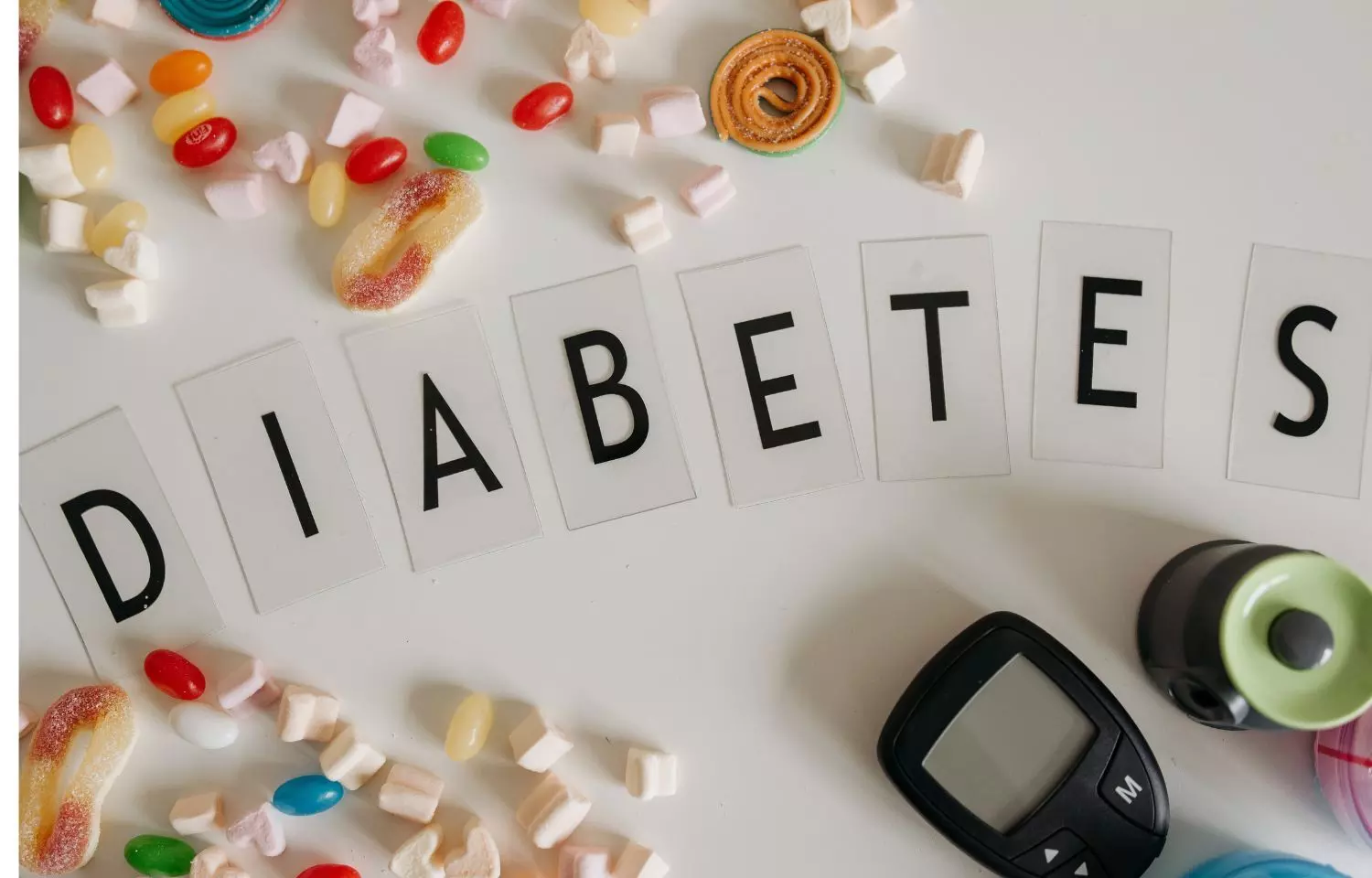- Home
- Medical news & Guidelines
- Anesthesiology
- Cardiology and CTVS
- Critical Care
- Dentistry
- Dermatology
- Diabetes and Endocrinology
- ENT
- Gastroenterology
- Medicine
- Nephrology
- Neurology
- Obstretics-Gynaecology
- Oncology
- Ophthalmology
- Orthopaedics
- Pediatrics-Neonatology
- Psychiatry
- Pulmonology
- Radiology
- Surgery
- Urology
- Laboratory Medicine
- Diet
- Nursing
- Paramedical
- Physiotherapy
- Health news
- Fact Check
- Bone Health Fact Check
- Brain Health Fact Check
- Cancer Related Fact Check
- Child Care Fact Check
- Dental and oral health fact check
- Diabetes and metabolic health fact check
- Diet and Nutrition Fact Check
- Eye and ENT Care Fact Check
- Fitness fact check
- Gut health fact check
- Heart health fact check
- Kidney health fact check
- Medical education fact check
- Men's health fact check
- Respiratory fact check
- Skin and hair care fact check
- Vaccine and Immunization fact check
- Women's health fact check
- AYUSH
- State News
- Andaman and Nicobar Islands
- Andhra Pradesh
- Arunachal Pradesh
- Assam
- Bihar
- Chandigarh
- Chattisgarh
- Dadra and Nagar Haveli
- Daman and Diu
- Delhi
- Goa
- Gujarat
- Haryana
- Himachal Pradesh
- Jammu & Kashmir
- Jharkhand
- Karnataka
- Kerala
- Ladakh
- Lakshadweep
- Madhya Pradesh
- Maharashtra
- Manipur
- Meghalaya
- Mizoram
- Nagaland
- Odisha
- Puducherry
- Punjab
- Rajasthan
- Sikkim
- Tamil Nadu
- Telangana
- Tripura
- Uttar Pradesh
- Uttrakhand
- West Bengal
- Medical Education
- Industry
Patient-led insulin titration tied to hypoglycemia and low birth weights in gestational diabetes

A recent study found that Patient-led daily insulin titration causes higher insulin dose use, lower fasting glucose, and lower birth weights in gestational diabetes. The study was published in the journal 'Diabetic Medicine.'
High birthweight babies and adverse pregnancy outcomes are seen in patients with increased fasting blood glucose levels in Gestational diabetes mellites (GDM). To improve the fasting glycaemic control in GDM a simple, patient-led, insulin dose titration algorithm was made and tested.
A daily four-unit dose increase after every fasting glucose value ≥5.0 mmol/mol (90 mg/dl) was recommended in patients with GDM while initiating basal insulin. Pre-existing intensive (weekly) specialist nursing input was augmented. Insulin doses, glucose values at 36 weeks gestation, and maternal and neonatal outcomes were examined. The before-and-after retrospective observational study design was used to check the outcomes in 105 women completing pregnancy before and 93 women after the intervention.
Results
- The baseline characteristics of women in the before and after groups were the same.
- Women initiated on insulin after implementation (n = 30 before, n = 43 after) achieved substantially higher doses at 36 weeks.
- 36-week mean fasting glucose was lower in those on insulin after implementation.
- There was a significant reduction in birth weight.
- There was no significant difference in macrosomia or cesarean sections.
- No women experienced severe hypoglycemia.
- There were no outcome differences before versus after intervention in women not treated with insulin.
Thus, the researchers concluded that higher insulin dose use and lower fasting glucose were observed in patient-led daily insulin titration in gestational diabetes and it is also associated with lower birthweight without causing significant hypoglycemia.
To read the full article, click here: https://doi.org/10.1111/dme.14926
McGovern AP, Hirwa KD, Wong AK, et al. Patient-led rapid titration of basal insulin in gestational diabetes is associated with improved glycaemic control and lower birthweight [published online ahead of print, 2022 Jul 28]. Diabet Med. 2022;e14926.
BDS, MDS
Dr.Niharika Harsha B (BDS,MDS) completed her BDS from Govt Dental College, Hyderabad and MDS from Dr.NTR University of health sciences(Now Kaloji Rao University). She has 4 years of private dental practice and worked for 2 years as Consultant Oral Radiologist at a Dental Imaging Centre in Hyderabad. She worked as Research Assistant and scientific writer in the development of Oral Anti cancer screening device with her seniors. She has a deep intriguing wish in writing highly engaging, captivating and informative medical content for a wider audience. She can be contacted at editorial@medicaldialogues.in.
Dr Kamal Kant Kohli-MBBS, DTCD- a chest specialist with more than 30 years of practice and a flair for writing clinical articles, Dr Kamal Kant Kohli joined Medical Dialogues as a Chief Editor of Medical News. Besides writing articles, as an editor, he proofreads and verifies all the medical content published on Medical Dialogues including those coming from journals, studies,medical conferences,guidelines etc. Email: drkohli@medicaldialogues.in. Contact no. 011-43720751




